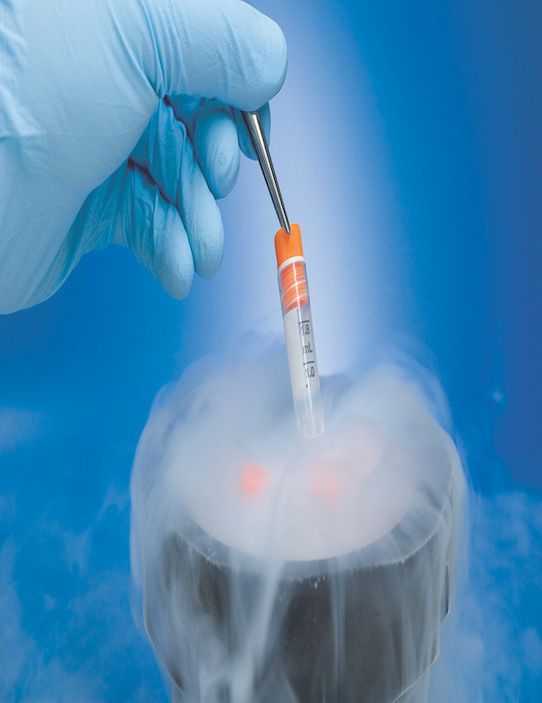Is there an Uber-type service in clinical logistics' future?
Logistics company targets courier services as a potential 'service economy' business
On the Move Systems (Henderson, NV), a relatively new and relatively small logistics company, says that it is putting together a business plan to offer courier services on a “service economy” basis. The term has been made famous most notably by Uber, the car-sharing service that has grown to a $50-billion multinational behemoth in the past few years (and for all we know, Uber might want to take a look at courier services itself). Rather than dealing with established local taxi companies, in Uber’s case, prescreened drivers with their own cars connect with their fares via a web-based IT system. Pricing, within some constraints, is dynamic, based on demand and the availability of drivers at any given time and location.
Courier services are widely used by businesses to hand-deliver documents and small packages; for the pharma industry and for clinical researchers in particular, couriers are frequently used to deliver or pick up drug samples and other clinical trial materials (CTMs), worldwide. As a clinical trial can represent a multi-million-dollar investment by a pharma company, and as the packages themselves often require close temperature control and reliable service, CTM couriers are a premium component of the courier business.
It’s not clear that On the Move is targeting clinical logistics; Robert Wilson, company president, declined to speak with Pharmaceutical Commerce. “We’ve found several compelling stats that lead us to believe a shared economy courier service would prosper in the right situation,” he said, in a statement. “For example, such a service would have a tremendous competitive advantage thanks to lower capital and labor costs compared to someone like FedEx or a local ‘hot-shot’ company. We’d have a flexible workforce driving their own vehicles, eliminating the need for any brick and mortar facilities and dramatically cutting overhead.”
Wes Wheeler, CEO of Marken (RTP, NC), one of the leading clinical logistics companies, notes that its agents, contractors and employees receive extensive training, and procedures are validated against rigorous Good Distribution Practices (GDP) standards in much of the world. “What pharma company would entrust its valuable products to an unknown driver,” he asks. “Pharma companies work with us because they trust us.”
The leading clinical logistics companies have been expanding their services into commercial and direct-to-patient deliveries; World Courier announced commercial-scale capability in its Australia depot early this year, and a relationship with a direct-to-patient company, Medical Research Network, a few months ago. Marken touts its investments in new logistics depots and resources around the world, and recently addressed a health emergency in South Korea when an infectious outbreak made it difficult for patients to go to clinical trial sites (the company provided direct-to-patient services, a first for South Korea). But if Uber has shown anything, it’s that the disruptive technologies enabled by web-based services change the dynamics of existing business models.
